New COVID Safety Rules: Is Your Business Compliant?
As Washington State businesses slowly reopen even as the pandemic enters into its second year, there is a lot of confusion about the new safety rules and reopening compliance. Hopefully, we can offer some clarity. As of this writing, most of Washington State is in Phase 2 of Governor Inslee’s reopening strategy. The only exception is the South Central region which is still in Phase 1.
Here’s what law firms should know about reopening compliance:
Under Governor Inslee’s reopening plan, you must mandate that employees work from home when it’s possible to do so.
When possible, law offices should remain closed to the public.
If your office is open to the public, indoor occupancy must not exceed 25%. One-on-one service in a closed room is the only exception.
Provide soap and running water at all business locations.
Place disinfectants and cleaning supplies throughout the workplace so that they are easily accessible to employees.
Workstations should maintain six feet of distance or have a barrier between them.
Clients and employees should be required to self-screen for COVID-19 symptoms and stay home if sick.
Inform clients and employees of your COVID-19 safety plan and post hygiene expectations throughout the workplace.
Note: The above-mentioned rules for law firms apply to all phases of reopening.
More information about the reopening compliance requirements for law firms can be found here.
Business Reopening Compliance Plan
Prior to offering on-site services, all professional service providers, restaurants, and employer-owners are required to develop a comprehensive COVID-19 exposure control, mitigation, and recovery plan at each location. A site-specific COVID-19 monitor must be designated at each location to monitor the health of individuals and enforce the COVID-19 job site safety plan. A copy of the plan must be available at all locations and available for inspection by state and local authorities. Failure to meet this requirement may result in sanctions up to, and including license suspension.
How To Thrive During Reopening
In Washington State, businesses open to the public have a 25% capacity limit. But how can your business thrive under those conditions?
For law firms who find themselves in mostly empty office complexes, there are a few ways to thrive under these conditions.
Survey your clients. Ask your clients if they prefer digital or face-to-face meetings. While it’s important that you offer both, this survey will give you more information about your clients’ evolving expectations.
Invest in cybersecurity. If you have attorneys working from home, you must make an investment in cybersecurity technology that will keep client data secure.
Master video conferencing etiquette. When it comes to digital meetings there are some best practices you should become acquainted with. Don’t be this lawyer who got stuck with a cat face during a hearing.
Ask for a rent reduction. Nationally, the demand for office space is down 61%. Many landlords are willing to negotiate cheaper rent or offer you more space if you need it.
As businesses reopen their doors to the public, it’s important that you continue to be creative. As you try to maintain profitability, don’t be afraid to try strategies that haven’t been done before. In unusual times, unusual tactics are required to win.
Seattle Bankruptcy and Business Law Attorneys
Contact the experienced Seattle bankruptcy and business law attorneys at Wenokur Riordan PLLC today at (206) 724-0846 to discuss your situation.


